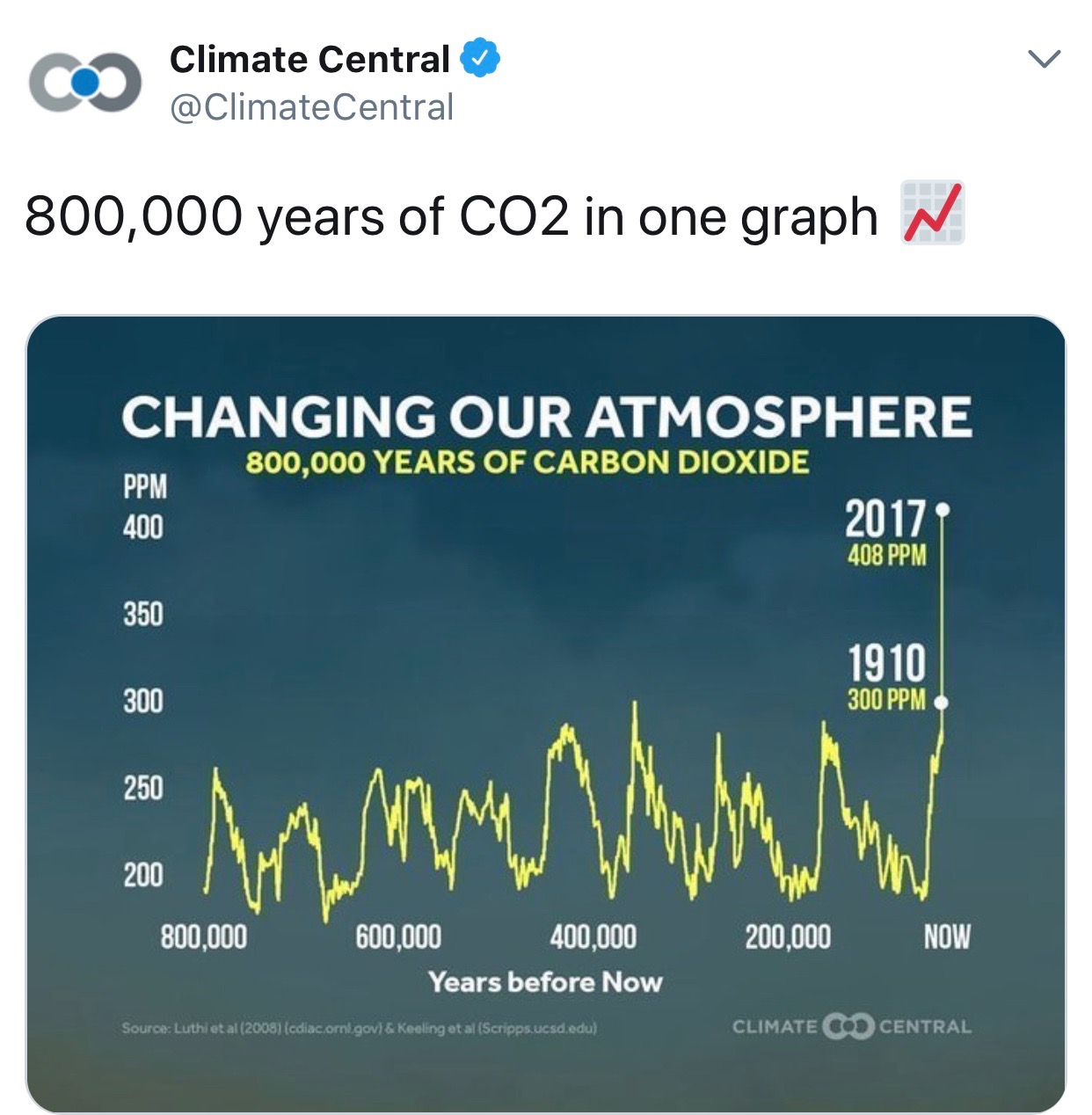Mt. Hood looms in the distance off the Saint John's bridge across the Willamette River.
I'm sitting in the bucolic backyard of a friend's house in Portland, realizing that my trip is currently misnamed because I am ending this leg here, and not Seattle (I fly back to New York this weekend). But I hope to return to the Northwest later in the summer, and ride the Northern Tier cycling route west to east from Anacortes, WA (north of Seattle) to Whitefish, MT. If I do that, this trip name will make sense. Whoever said that two legs does not one trip make? No one that I know.
As I sit here on a beautiful day in the low 70's and near perfect humidity, I am well aware of my good fortune to be in the Northwest this past week. This has been a rough week weather-wise for much of the world. You may have been baking, but if you'd like to see how much you aren't alone, take a look here.
The view to the north from the Mt. St Helen's visitor station about 75 miles north of Portland.
My train trip from Whitefish, MT to Edmonds, WA was uneventful. I have friends in Edmonds, and didn't realize when I boarded that I could get off there before I got to Seattle. Once again, I want to mention the pleasure I take in combining cycling with traveling by train, and how appreciative I am of Amtrak's roll-on bike service. This is such a great example of intelligent planning for public transportation options, and figures into the creation of sustainable systems of transportation that will help us get away from our unhealthy reliance on cars. May this service thrive! Additionally, after a wonderful day in Edmonds (where I went crabbing with an old college friend), I was able to catch another train to Centralia, Washington, where I paid $5 extra to board my bike. This saved a day of biking to Portland. That said, It took me two days to get there anyway (every summer some people cycle between these cities in one day - a distance of 190 miles)! You can see my modest routes here and here.
I stayed at a KOA campground (showers!) near the Mt. Saint Helen's visitor station about 40 miles south of Centralia, WA.
The ride into Portland was gorgeous. This town lives up to its reputation. It's funky and gentrified all at the same time, and features great restaurants, bars, coffee shops, cycling routes and in keeping with its nickname - the City of Roses - extraordinarily beautiful flowers. Even Portland's way of celebrating the 4th of July is unique - fireworks are ubiquitous, and although the town has "official" fireworks on the Willamette River, fireworks are everywhere. It seems that every backyard has its own display. The result is a three or four hour period starting just before sundown that sounds like being on the Western Front.
Knowing that it's only fireworks gives comfort to the metaphor of "the rockets red glare, the bomb bursting in air." But I can't help wondering - am I alone in this thought, or do others also feel that our way of celebrating our country's birthday has become strangely dissonant? Why do we celebrate a symbol of independence by conflating it with conflict?
It is my deep hope that we have hit bottom in our way of being divided. Conflict doesn't solve problems. Rich and poor, rural and urban, evangelical and secular, white and non-white, immigrant and non-immigrant (a label that really only applies to native Americans), Republicans and Democrats, and so on. Currently it seems we are the most divided between rural and urban, and probably white and non-white (which is related to views about immigrants and non-immigrants). As a New Yorker who grew up in a small town in the Midwest, I enjoy being in the rural United States, and I feel at home in the countryside. But I am careful about what I take for granted in terms of how others will think about me and why I am there. The truth is, I'm there to see how climate change is affecting communities. But I am learning to be covert about what interests me. Yet, most people are concerned about extreme weather wherever they live regardless of their politics. And it's not hard to get people to talk about the weather if one avoids politics.
That said, in some parts of the US, I think communities are quite unprepared for what is coming. This semed particularly true to me when I biked through the Southeast. Happily, I don't find that as much in the Northwest. But are Northwesterners ready for climate refugees? After all, where will southerners go if, and when, the South becomes overly distressed? Climate change is first and foremost a slow moving ecological catastrophe (average temperature increases, rising sea levels, and extreme weather events like hurricanes), but it won't be long before public health and economic problems follow. And like other parts of the world, Americans may be on the move in great numbers. I certainly would move here before anywhere else in the United States. I'm sure many others will feel the same. After all, the NW will stay reasonably pleasant longer than most other regions of the US. There will be more forest fires, but there will also be more fresh water than the southwest, and less heat stress and extreme precipitation than the Midwest and Northeast.
Although they have fluctuated over time, CO2 levels remained under 300 parts per million (PPM) for the past 800,000 years until about 1900. Since then they have soared by about 60%. This rapidity of change is unprecedented in the history of the earth.
Clearly, it's time for our Congress to work together to solve the very real problem of a changing climate. And it's time for us to shift our national narrative from one of dissonance to one of clear-eyed assessment. Clean renewable energy is the right way to go, but the current transformation is too slow. We must speed up the rate of societal change to match the urgency of our situation. Global carbon pricing, while not a silver bullet, may be our best global option. Let's make it happen. It's not as preposterous an idea as it may seem at first glance.
There's more to come later in the summer, but not for some weeks. Thanks for reading.




